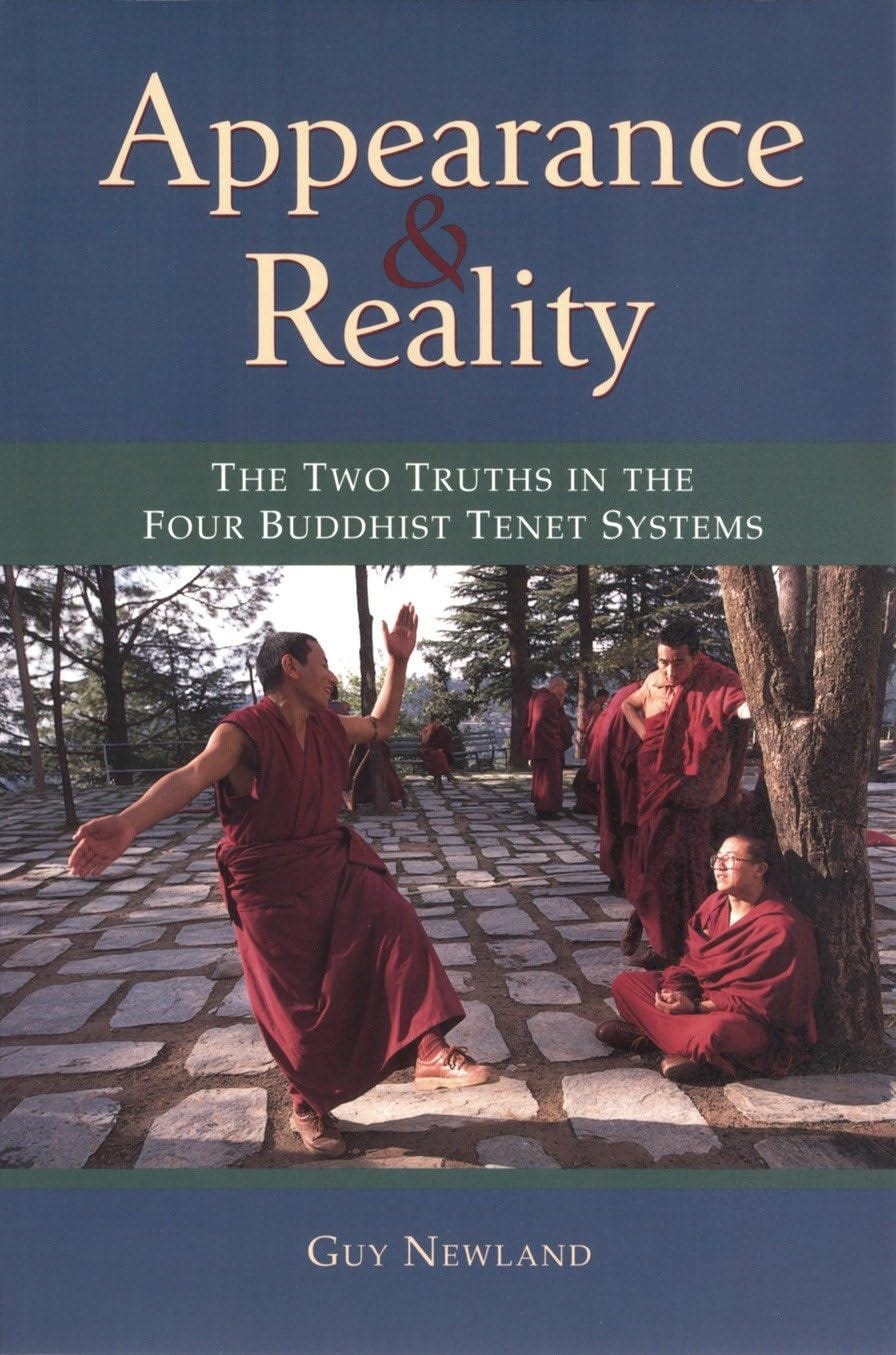
The mind seeks to know itself through the production of ever more sophisticated self-representations. But no matter how closely these representations map the mind, only the mind itself embodies its true nature. And that nature is independent of representations.
Representations (concepts, images, theories…) serve for externalizing and objectifying, knowing the known as other than oneself, the knower. Like a mirror reflecting its own surface, the mind seeks itself in its images, but all it finds is reflection. To the degree that it identifies with a self-representation, the mind is fragmented, not recognizing that that which wants to know and that which wants to be known is one and the same. The mind can know itself only by being itself, which it already is. Final self-knowledge, then, is not the perfection of self-representation, but its cessation. The mind understands itself only when it has no notion of itself.
Yogācāra Buddhism teaches the doctrine of Three Natures (trisvabhāva), or three successively deeper modes of understanding reality. The First Nature of the mind is the view of being a separate self. This low-resolution representation is the common view among human beings and dominates our language and culture. The Second Nature of the mind is the view of a stream of interdependent processes arising due to causes and conditions. This high-resolution representation arises after extensive observation and analysis of mental activity. It is rare, found among those dedicated to self-inquiry. The Third Nature of the mind is the view of emptiness, or better yet, the emptiness of views. Here, the mind is producing no self-representations, making no effort to objectify itself, and thus knows itself most intimately: by being itself.
This cessation of the interpreting, objectifying, conceptualizing activity of the mind, Yogācāra calls wisdom (jñāna), which is the end of knowledge (vijñāna). Wisdom is that union in which knower and known are annihilated, that silence which contains what all words are trying to name. It is what you find when you are not seeking.
May we taste freedom from the search,
Simeon
Let no one be in any doubt about this: if there were a better way, then our Lord would have told us, who said, ‘If anyone would follow me, he must first deny himself’ (Matt 16: 24). This is the point which counts. Examine yourself, and wherever you find yourself, then take leave of yourself. This is the best way of all.
—Meister Eckhart
Suggested Reading
Appearances and Reality by Guy Newland
This clear and profound book walks the reader through the progression of Buddhist philosophical systems, culminating in the Yogācāra and Madhyamaka views of appearance, emptiness, and ultimate knowledge. Appearances and Reality is a brilliant roadmap through Buddhist thought, tracing how different schools conceive of the self, and why only the final abandonment of all views can open the door to true self-knowledge. Order here to support SEEKER TO SEEKER at no extra cost.
In this piece, we explore the heart of Buddhist emptiness, not as a denial of reality, but as a release from the mind’s compulsive and limited conceptual activity. Beyond the layers of representation lies a silence where nothing is grasped and nothing is missing. Not a new perspective, but the end of perspective.


